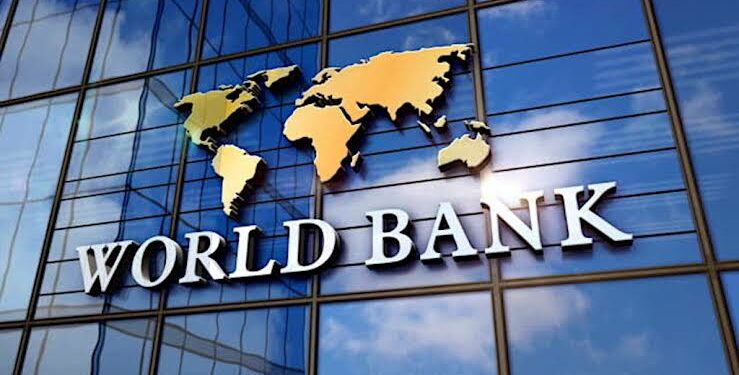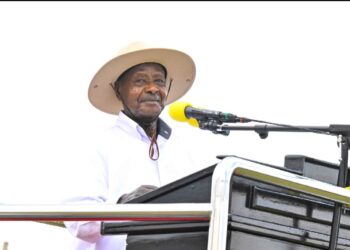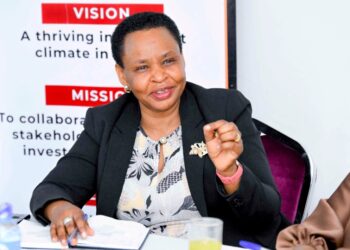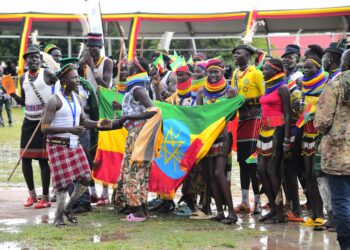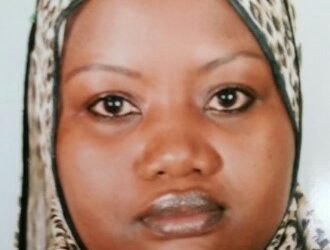Uganda’s economic future hangs in uncertainty as the World Bank announces a significant setback by suspending the disbursement of new loans to the country.
The decision comes as a direct response to Uganda’s controversial new Anti-LGBTQ law, which has drawn global condemnation for its strict provisions against the LGBTQ community.
On Tuesday, the lender headquartered in Washington, DC, announced a temporary suspension of projects financing in the East African land locked nation.
This pause comes as they undertake a review of the measures they implemented to ensure the protection of sexual and gender minorities from discrimination and exclusion within their projects.
“Uganda’s Anti-Homosexuality Act fundamentally contradicts the World Bank Group’s values,” the lender said in a statement.
“We believe our vision to eradicate poverty on a livable planet can only succeed if it includes everyone irrespective of race, gender, or sexuality. This law undermines those efforts. Inclusion and non-discrimination sit at the heart of our work around the world.”
The lender also plans to enhance third-party monitoring and mechanisms for addressing grievances, ensuring the ability to take corrective measures when needed. This was stated by the organization.
Back in May, the World Bank Group expressed its concern regarding the adoption of the law, deeming it inconsistent with the lender’s core values.
The group’s President, Ajay Banga, who assumed office in June, faced calls from 170 civic groups to take specific and prompt actions, including the suspension of future lending, in response to the legislation.
The anti-LGBTQ law, which enforces the death penalty for “aggravated homosexuality,” including cases of HIV transmission through gay sex, and mandates a 20-year prison term for “promoting” homosexuality, has been widely condemned by human rights organizations.
In response, the United States implemented travel restrictions on Ugandan officials in June, following the legislation’s endorsement by President Yoweri Museveni, who considers homosexuality a psychological disorder. Museveni has defended the law as necessary to prevent the LGBTQ community from recruitment attempts.
World Bank in a statement reaffirmed its commitment to assisting Uganda, despite the temporary halt in financing. The lender emphasized its enduring and productive relationship with the country, aiming to aid all Ugandans in escaping poverty, accessing essential services, and enhancing their quality of life
The suspension of financial aid from one of the world’s largest lenders is poised to send shockwaves through Uganda’s economy, potentially hampering development projects and exacerbating existing fiscal challenges.
As the nation grapples with the repercussions of this suspension, the broader implications of prioritizing such a law over crucial financial support are raising concerns not only about the country’s financial stability but also about its international reputation and diplomatic relations
Do you have a story in your community or an opinion to share with us: Email us at editorial@watchdoguganda.com

